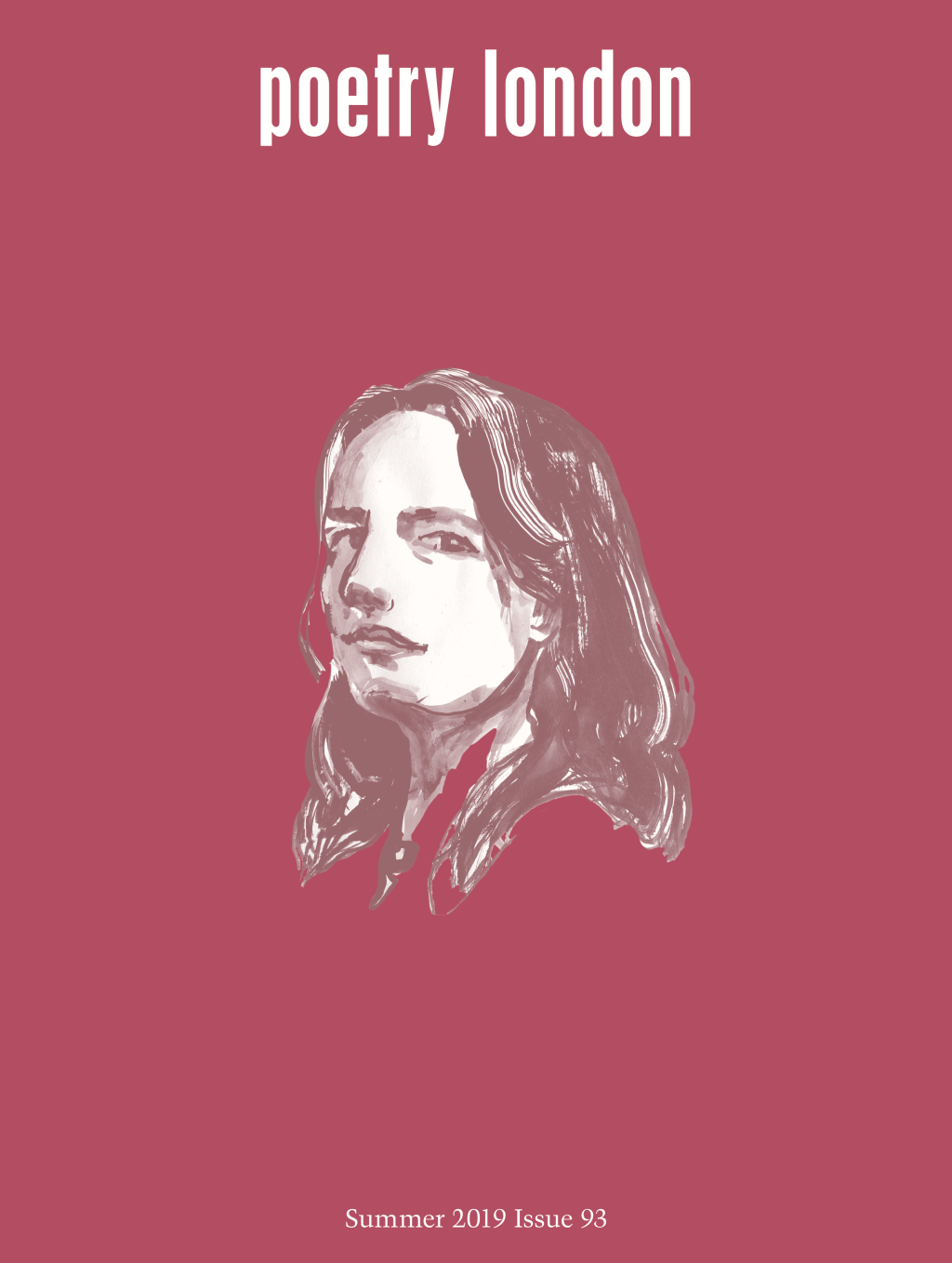Beggars of Life by Denise Riley
The movie is over, yet the screening reels on through your eyes – you’ve left
the cinema, but you’re still seeing ‘in’ graceful Ozu, or ‘in’ kindly Kore-Eda,
or in pleats, in blood, or plain rose; you’re passing by nondescript shopfronts
now floodlit in scarlet, thanks purely to Coutard’s lens, or another occasion’s
pearly sorrow has slicked down these pavements where men lope in torrents
of rain that could flatten that one bar they want – it must be a plywood prop.
In the dark you’d been watching a storm that will not die down in the light.
So how come a film’s world-outlook keeps radiating from your own eyeballs,
not its set, least of all its ideas – but its whole ‘feel’, its tinge or angles? Louise
flicked her bob until it refashioned your mop to shine by the end of Beggars
of Life – as in Burnett’s Killer of Sheep, an ‘of’ in the title holds promise –
you too are ‘of’ your last-viewed movie, generously unspooling outside itself
while subtitles flash up unasked, like Farhadi’s captions on judgment: ‘Each
side wants to understand the other but their situation compels them to fight’.
You wish. Heels pivot, or are clicked in the elongated spans between people.
Your feet were slipped into others’ seamed nylons, then eased into kid shoes.
It was me-too in La Notte, and that dawn grew milky sour. Maybe Martel’s
lucid camera has cornered you, shut tight in her car, with rolled-up windows
bouncing the sunlight so inward you’d scarcely see out, bar a blurry column
of what might be human figures. ‘Grief’ is too bland a word, and I’ve always
found it irritating, all the more so since he died, but I couldn’t really say why;
although, movie-loving spectator, I can read your diagnosis of why, embossed
in bold on your face. Return to us, you subtler Jeanne Moreau, ripe doubter;
sulk hotly on the 19 bus nudging its way through a right smog of implication.
Step forth, doe-eyed Monica, let your wide freckled cheekbones gleam again
out of your shadows. But that beauty’s long sunk in her aching monochrome.
Brilliantine’d heads are still hauling the length of canals of string vests – while
no probation officer will lecture you again: ‘a working-class man would have
battered you, you should be thankful he’s only trying to remove the children.’
We’ll have no more of ‘in love’, though the moon be, &c. The incensed air looms
rich with pondering saxes – to be ‘confessional’ must mean there’s something
to confess, but what is that thing’s true name? Nico, chanteuse remixed velvety,
remarked ‘I wasn’t happy when I was beautiful’. It’s you who are in the wrong,
you who were both born in it, and born into it. But that’s wrong, too. Hell-bent
on thinking the best of others, who might yet turn out to be kind, you wouldn’t
‘draw the consequences’ – wanting no consequences but reliable love. Twilight
sags blue on the terrace, the clinks of the party dim as long-lashed looks pan out
across olive groves branched like squirrel-hair brushes, handy enough for rouge;
neither ‘the male’ nor the female gaze, but the gaze of the movie itself, suffusing
your vision until it wears off, after loaning its clips of ten divine-enough minutes.
Then back my duller daily outlook comes. I’ll fight against letting it blanket me
in its colourised rereleases of the out-of-the-blue cruelty of someone I’d trusted –
I’ve sat through that movie before, too often; have lain on its cutting-room floor.
Still, here is Resnais, or filmic joy. It is good to be old, though it’s perilous.


